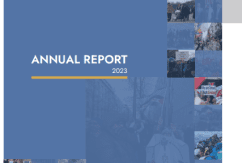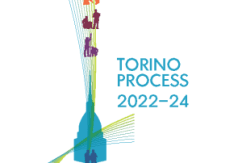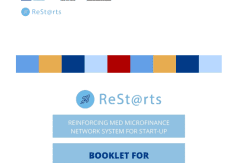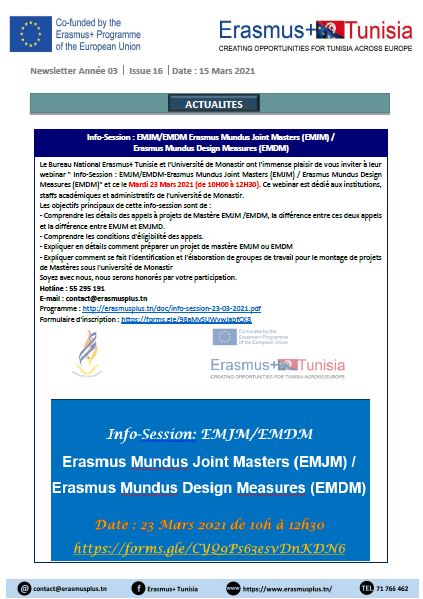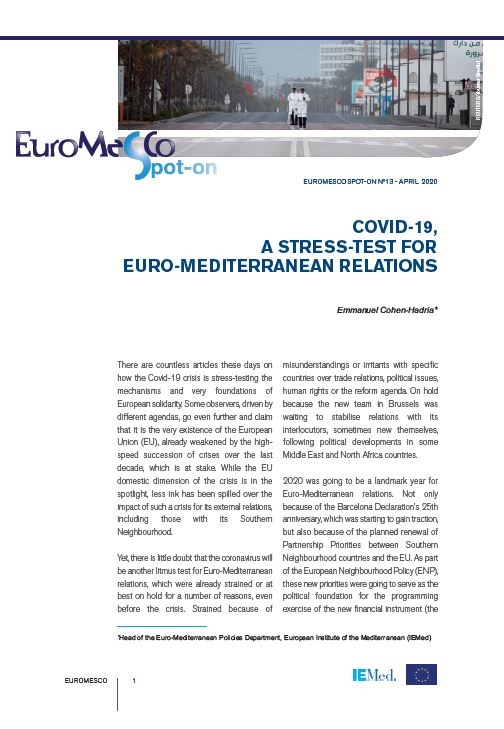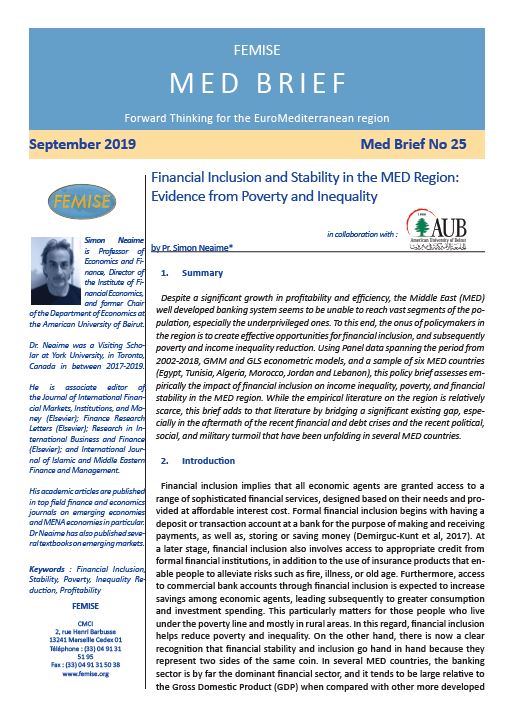FEMISE MED BRIEF n°13 : The success pillars of a national innovation system in Maghreb

The perspective of economic growth supported by innovation activity has now proved ineffective for Maghreb countries (Morocco, Algeria and Tunisia). Our analysis under the angle of the national innovation system emphasizes the main causes such as structural weaknesses and lack of time-consuming coordination among the actors of innovation.
Our recommendations are based on proposing an appropriate systemic model of innovation that takes into account the specificities of these three countries. The pillars of success of this model are:
– “Structural”: Setting up an effective “support structures” for innovation and entrepreneurship, offering appropriate tools and complementary services;
– “Coordination”: Coordinated coherent interactions between public and private actors of innovation in the development of new production methods and the dissemination of knowledge;
– “Governance”: The rehabilitation of the role of the Government in education, in ensuring and overall coherence of the actor’s actions (regulation protecting innovation, financing of innovation, supporting scientific research activities and an education system favoring the development of a new generation of innovative entrepreneurs).
The FEMISE Policy Brief series MED BRIEF aspires to provide Forward Thinking for the EuroMediterranean region. The briefs contain succinct, policy-oriented analysis of relevant EuroMed issues, presenting the views of FEMISE researchers and collaborators to policy-makers.









